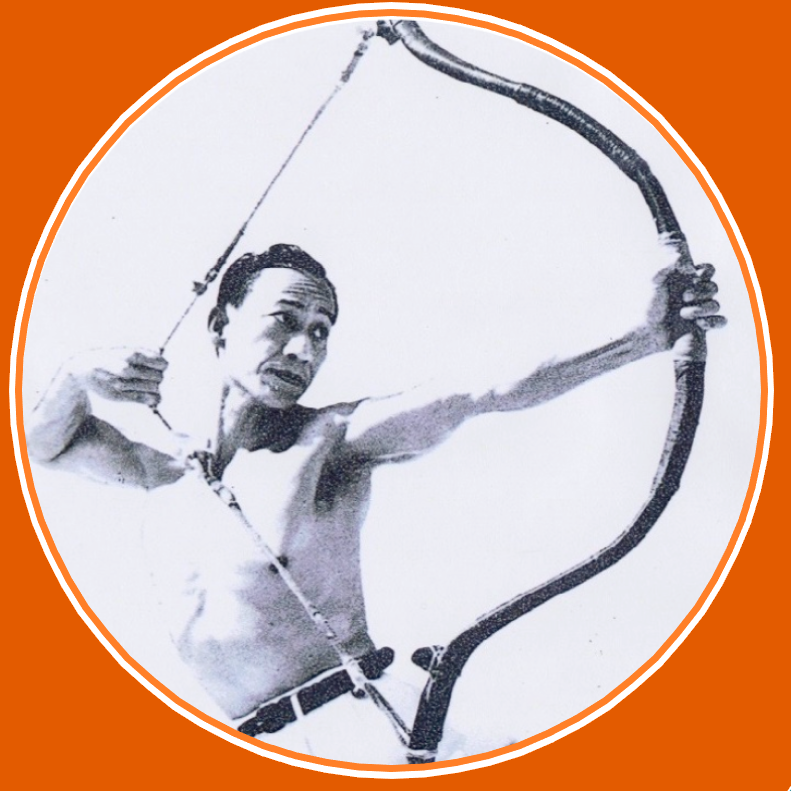新靚就擅演關公、岳飛等忠義角色
十三歲被「賣豬仔」到新加坡學藝,師從「新北」,隨師傅的戲班走埠演出,曾到馬來西亞、越來越、廣州等地,邊學邊演。未到二十歲已成為粵劇舞台上之大老倌,尤以演關公、岳飛等忠義角色及武戲最為知名,早年在影劇界以「新靚就」作藝名。
師傅赴美後,新靚就參加了另一紅船班「祝華年劇團」,班主為陳少華,班底有小武「靚就」、武生「新珠」、花旦「小紅」、男丑「貔貅」、公腳「公孫謙」、女丑「子喉海」等,陣容強勁,在這劇團漸熬出頭。之後輾轉加入「共和樂」及「大羅天劇團」,與曾三多、靚少華、陳非儂、馬師曾、半日安、桂名揚等同團,可謂人才濟濟。之後自組「大少年劇團」,年方23歲已年入一萬白銀,更因演戲而認識紥腳勝的千金陳日初,共諧連理。兩年後又再到越南走埠,首本戲包括《武松打虎》和《武松血戰鴛鴦樓》。
1932至1934及1936至1938年間,曾兩度應邀到美國三藩市戲院登台。在美期間曾組「新大陸劇團」,自當領班,並加入西部牛仔片的原素創作了幾部新戲,如《誰是奸夫》、《離婚十八年》、《生武松》、《神鞭俠》等,推出後廣受觀眾歡迎。
抗戰期間,中國推出「獻機運動」,籌募買戰機。關德興與白駒榮、胡蝶影、馮鏡華等在普慶戲院上演《摩登霸王》,籌得二萬多港幣,與此同時,更把自家的名牌汽車捐出拍賣,逐贏得「愛國藝人」的名號。
在宣傳抗日的期間,關德興與友人合組「粤劇救亡團」,之後演變為「香港各界粤劇救亡服務團」,並當上團長,骨幹份子包括張作康、許英秀、胡少伯、陳昌、黃愛花等,演出劇目計有《平貴別窰》、《山東嚮馬》、《岳母刺背》等。
抗戰勝利後,關德與重返廣州並在廣州重新成立八和會館,當上會長。1947年已重新投入電影製作,曾擔演粤劇電影包括:《關公月下釋貂蟬》(1956;趙樹燊、關文清導演)、《武松血濺獅子樓》(1956;胡鵬導演)、《虎將奪王妃》(1956;趙樹燊導演)、《魚腸劍》(1957;趙樹燊、黃鶴聲導演)等。
CANTONESE OPERA
At the turn of the 20th Century (1918), Master Kwan begin his professional acting career as a Cantonese Opera apprentice. He was raw and eager at 13, but by the time he was 19 he had become a star. He specialized in “Martial Arts Roles” as his master “Sun Pak”, incorporated the “Shaolin Martial Arts” into his teaching in both the fighting style and “Bone Setting” traditional medicine. With his operatic stage name was “Sun Lan-Zhou”, he became widely known throughout the global Chinese Community, in Hong Kong, in Southeast Asia, and every Chinatown in the U.S..
Cantonese Opera was an influential platform, from which, Kwan would be able to conduct anti-Japanese propaganda, generate critical fund raising, entertain the troops and the public, as well as heighten the consciousness of the public of the Japanese Imperial Aggression against China, 1937 to 1945.






